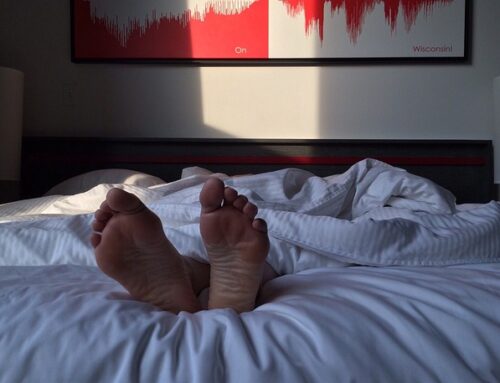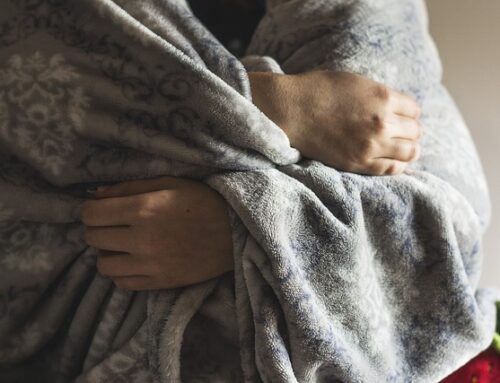Throughout the holiday season, we always want to make sure we are in good health and are able to enjoy time with friends and family. But what if your patient has sleep apnea? How can you help them make it through the holiday season with sleep apnea? I have put together some tips to share with your patients this season–whether they have sleep apnea or a loved one does. Here are six tips to help your patients with sleep apnea this holiday season.
Maintain a healthy weight. If your patient has excess weight, it can cause difficulty while they sleep. By losing weight, it can help your patients to relieve constriction in their throat. Encourage your patients to contact your office to learn more about how to lose weight and improve their sleep apnea symptoms. You are their first step in finding sleep apnea relief.
Quit smoking. This is important not just for your patients’ overall health, but for sleep apnea too. If your patients smoke, they are three times more likely to have obstructive sleep apnea than those who do not smoke. Smoking can also increase the amount of inflammation and fluid retention in the upper airway.
Avoid caffeine or heavy meals before bed. People might want to drink caffeine to stay awake with their family longer, but it is important to be careful what time they indulge. Avoiding caffeine and heavy meals before bed can help patients have a better night’s sleep. It can also help to reduce the reflux of stomach contents traveling up the esophagus too.
Avoid alcohol, sedatives and sleeping pills. We all want to have fun with our families and loved ones, but at the cost of your sleep? Think again. Drinking alcohol, or taking sedatives and sleeping pills can relax the muscles in the back of your throat that interfere with breathing.
Keep your sleep on schedule. It is important to note that the body is controlled by hormones that have a regular rhythm. With that being said, encourage your patients to try to go to sleep at the same time every night and wake up at the same time every morning. Sleep apnea episodes tend to decrease when you are well rested, so try to establish a regular sleeping schedule.
Sleep on your side. If you sleep on your back, it can cause your tongue and soft palate to rest against the back of your throat and block your airway. Sleeping on your side can help to prevent this from occurring. If you have trouble doing this, try sewing a tennis ball to the back of your pajama top. When they roll onto their back, the ball will press into their back and cause them to roll back on their side.
What are some other tips you like to share with your patients with sleep apnea? Share them in the comments to help other dentists continue to provide their patients with the best care possible.





